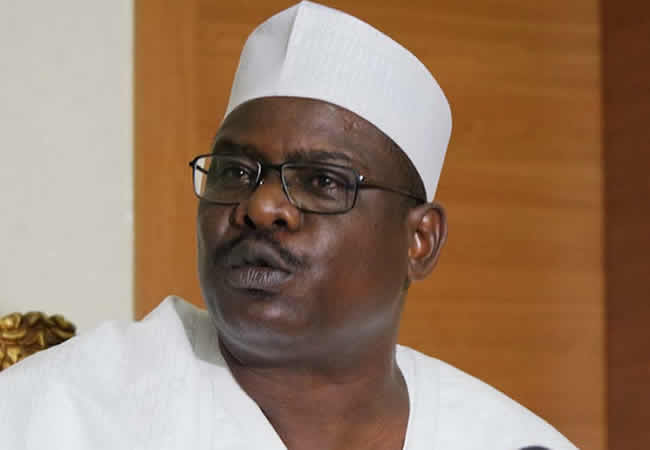
The alleged relocation of some departments of the Central Bank of Nigeria (CBN) and the Federal Airport Authority of Nigeria (FAAN) headquarters from Abuja to Lagos, spearheaded by the Bola Tinubu administration, has sparked a contentious debate, with Chief Whip of the Senate, Ali Ndume, and the Presidency presenting opposing views.
Ndume, representing Borno South, criticized the move, attributing it to misguided advice from “political cartels” within the government, emphasizing potential “political consequences.” He argued against having two capitals and expressed confidence that President Tinubu, whom he described as a nationalist, would reconsider the decision.
In response, the Presidency, represented by President’s Special Adviser on Information and Strategy, Bayo Onanuga, vehemently denied any plan to relocate the Federal Capital back to Lagos. Onanuga dismissed the claims as a creation of “mischief-makers” seeking to fuel ethnic mistrust and distract from Tinubu’s presidency. He clarified that the administrative moves involving CBN and FAAN were not tantamount to relocating the entire capital.
Onanuga urged restraint, calling the rumors a ploy by political opponents to undermine Tinubu’s presidency, emphasizing the commitment to fair and equitable governance for all regions.
Senator Karimi Sunday also distanced the Senate from Ndume’s comments, labeling them personal and not reflective of the Senate’s position. Doyin Okupe, a former spokesperson for ex-President Goodluck Jonathan, criticized Ndume’s comments as provocative and unexpected.
Amid the controversy, Udengs Eradiri, former President of the Ijaw Youth Council, appealed to President Tinubu to consider relocating critical federal agencies involved in the oil business to the Niger Delta region, emphasizing the need for decentralization and balanced development.
The debate highlights the sensitivity surrounding administrative changes and the potential political ramifications, with stakeholders expressing diverse opinions on the matter. The Tinubu administration faces the challenge of addressing these concerns while pursuing its governance agenda.






Be First to Comment